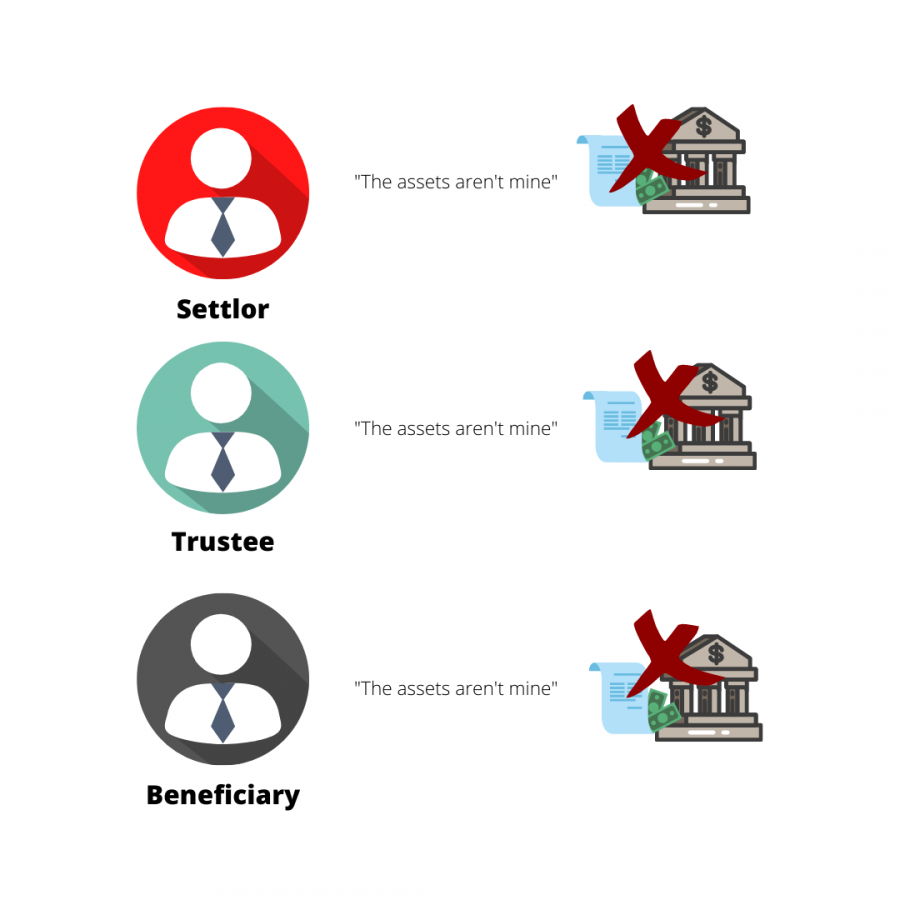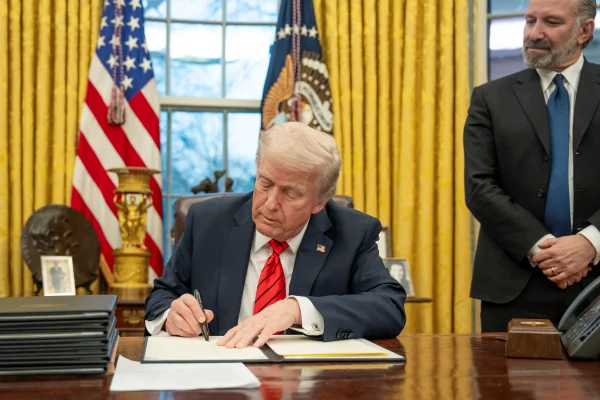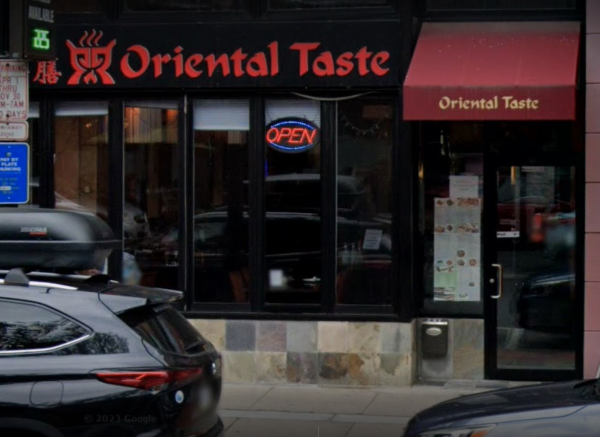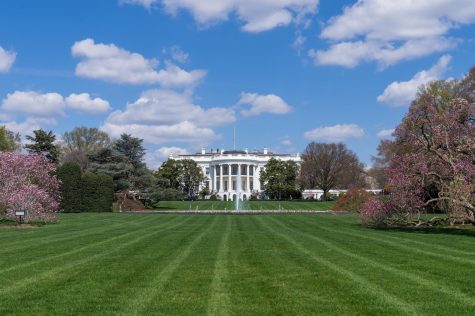‘Pandora Papers’ Expose Tax-Sheltering Schemes of Wealthy, Powerful
A trove of financial documents has revealed that many world leaders, celebrities and famous priests have been hiding their money in a complicated system of offshore accounts and shell companies.
The documents, called the “Pandora Papers” were unearthed by The International Consortium of Investigative Journalists (ICIJ) exposing individuals trying to hide their assets from tax authorities, creditors, criminal investigators and citizens. It is still unknown who leaked the Pandora Papers to the ICIJ.
The ICIJ is famous for their ability to access stories previously impossible to access, as they did with the “Panama Papers.”
The Panama papers were first shared with the ICIJ in early 2015 after being leaked by an anonymous source to the Munich newspaper Süddeutsche Zeitung.
After being shared with the ICIJ, they built an online database of the over 11.5 million financial documents along with news articles surrounding their contents. Eventually the group released the data to the public in April of 2016, exposing the hidden assets of the famous, wealthy, and those in power.
The Panama Papers “implicated at least 140 politicians from more than 50 countries” in tax evasion schemes, according to Foreign Policy. The Panama papers specifically were gathered from Panamanian offshore law-firm Mossack Fonseca, which used poor citizens to be nominee directors of offshore companies in order to hide wealth.
After releasing the Panama Papers back in 2016, the ICIJ focused on finding another system of offshore tax evaders, this time, the Pandora Papers. The newly-released Pandora Papers exposed over 300 politicians, double that of the Panama Papers. Also, there were over 400,000 more financial documents disclosed in the Pandora Papers compared to the Panama Papers, according to The BBC.
Peter Gunn, Economics teacher, believes that the release of the Pandora Papers could economically hurt nations.
“If the government has leaders that aren’t going to [pay taxes], then [their citizens] might be less inclined to behave justly themselves, like ‘well I’m not going to pay my taxes then,'” Gunn said.
One country’s leader included in the papers is King Abdullah II of Jordan. The King was found to have over $100 million worth of real-estate in London, Malibu, and other locations hidden through multiple offshore accounts, according to The Washington Post.
King Abdullah received backlash from his citizens and many other countries; some are questioning if any of the hidden money in his accounts is rightfully his.
After the release of the Pandora Papers, Jordanian intelligence swiftly removed news articles covering the King’s ties to the documents from Jordan-based media outlets, according to The New York Post.
King Abdullah II was not the only one implicated in the papers. According to the ICIJ, “35 current and former world leaders, more than 330 politicians and public officials in 91 countries and territories, and a global lineup of fugitives, con artists and murderers,” were found to be hiding their money.
The Legion of Christ, a Roman Catholic clerical religious order, was also named in the papers. Through a trio of offshore trusts in New Zealand, the Legion was able to hide away more than $300 million of the order’s money in real estate and other investments, according to The ICIJ.
Most suspect the Legion was hiding money in order to not pay compensation owed to victims sexually assaulted by priests in the order.
Another included in the papers was former British Prime Minister, Tony Blair. Blair was found to have avoided paying over $400,000 in property taxes on an $8.8 million building he bought for his wife’s law firm, according to The New York Post.
The BBC noted that Blair was embarrassed to be implicated in the papers after complaining about tax havens favoring the rich.
The once famous locations for hiding wealth have almost evaporated as more rules and regulations have been passed in areas such as Panama and Switzerland. Most of the hidden assets disclosed in the Pandora Papers were found in trusts set up in South Dakota, according to Bloomberg.
Trusts allow companies, individuals, or groups (settlors) to hand over assets to a “trustee” in order to be managed and later distributed to a “beneficiary.”
“One key feature is that assets held in a trust exist in a kind of limbo. The settlor has given them away. The trustee may own them under the law but has no right to use them. And the beneficiary has yet to receive them,” The Washington Post reported. “If someone owes a debt, each of the three parties can argue that they do not control the assets.”
South Dakota was chosen by individuals such as Tony Blair and King Abdullah II because of these loopholes of plausible deniability — what many in the trust business called the “South Dakota Advantage.”
One trust law unique to South Dakota permits trusts to last indefinitely, allowing assets to be hidden for extremely long periods of times, typically called “Dynasty Trusts,” according to The South Dakota Trust Company.
There is a 0% capital gains tax rate on trusts in South Dakota, as well as no requirement of South Dakota residency in order to open a trust.
Because of the possibly malignant reasons assets were hidden in trusts by the wealthy, some countries are now taking a stand.
According to The ICIJ, within hours of the publication of the Pandora Papers, The Czech Republic, Pakistan, Mexico, Spain, Brazil, Sri Lanka, Australia, and Panama announced investigations into the financial activities of their most wealthy and powerful individuals.
In response to the Pandora Papers, White House Press Secretary, Jen Psaki, spoke on President Biden’s efforts to improve the U.S tax system.
“Broadly speaking, the president is committed to bringing additional transparency to the U.S. and international financial systems, and you can see that in policies he has proposed and supported,” Psaki said.
Despite the strides made by multiple countries to take action on financial crimes, many believe that we are a long way away from any sort of significant change that will end such practices.
Teddy Schaffer, Economics teacher, thinks tax evasion by the wealthy is not going away.
“It is very hard to police or prevent this sort of thing,” Schaffer said.











